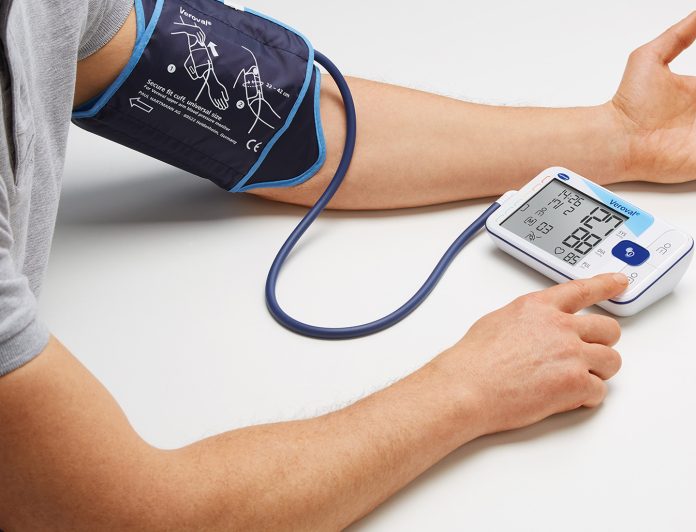Maintaining optimal blood pressure is crucial for overall health, especially for those with hypertension or other cardiovascular risk factors. Regular blood pressure monitoring can significantly enhance your health management routine, helping you stay informed, reduce risks, and take proactive steps toward better health.
Early Detection of Hypertension
Hypertension often goes unnoticed since it rarely presents noticeable symptoms. By monitoring your blood pressure regularly at home, you can detect early signs of high blood pressure (or “silent killer”) before it leads to severe complications like stroke, heart disease, or kidney failure. Early detection allows for timely intervention, making lifestyle adjustments or medication more effective.
Tracking Progress
For individuals with diagnosed hypertension, monitoring your blood pressure at home helps track progress. It allows you to see how your body responds to medication or lifestyle changes like diet and exercise. Regular readings provide valuable data for your healthcare provider to adjust treatment plans, ensuring the most effective approach to managing your condition.
Empowering Lifestyle Changes
Having access to real-time data empowers individuals to make informed decisions about their health. If blood pressure is elevated, it can prompt immediate lifestyle changes, such as reducing salt intake, increasing physical activity, managing stress, and prioritizing sleep. These changes are more effective when you can see their impact on your blood pressure over time.
Improving Adherence to Treatment
Blood pressure monitoring helps individuals stay accountable to their prescribed treatment. By regularly checking their readings, patients are more likely to adhere to medication schedules and follow recommended lifestyle changes. This consistent monitoring can also motivate people to keep up with their health goals and make adjustments as needed, leading to better long-term outcomes.
Understanding Variations
Blood pressure can fluctuate throughout the day due to various factors, such as physical activity, stress, or diet. Monitoring your blood pressure multiple times a day allows you to understand these variations and identify potential triggers that may need attention. Tracking these patterns over time can provide valuable insights into how your body responds to different factors and help your doctor tailor your treatment.
Increased Communication with Healthcare Providers
Having accurate, at-home blood pressure readings to share with your healthcare provider can improve the quality of your medical consultations. It ensures that your doctor has a more comprehensive understanding of your health, beyond what is measured during a single visit. This allows for more informed decision-making and a collaborative approach to managing your health.
Convenience and Cost-Effectiveness
Blood pressure monitors offer a convenient and cost-effective way to manage hypertension without frequent visits to a clinic. With an easy-to-use home monitor, you can measure your blood pressure at any time, avoiding the hassle of scheduling appointments or waiting in long lines at the doctor’s office. This not only saves time but also allows you to monitor your health at your convenience.
Reducing Anxiety Around Doctor Visits
For some individuals, the experience of visiting a doctor’s office can lead to “white coat syndrome,” where blood pressure spikes due to anxiety. Monitoring your blood pressure at home can help reduce this anxiety, as you can observe your true baseline readings without the stress of an office visit. This more accurate data can also help healthcare providers assess your blood pressure more reliably.
Conclusion
Incorporating blood pressure monitoring into your health management routine can have a transformative effect on how you approach your health. It provides valuable insights into your cardiovascular health, improves adherence to treatment plans, and empowers you to make proactive lifestyle changes. With the ability to detect issues early, track progress, and foster communication with healthcare providers, home blood pressure monitoring is a critical tool in managing hypertension and promoting long-term well-being.









